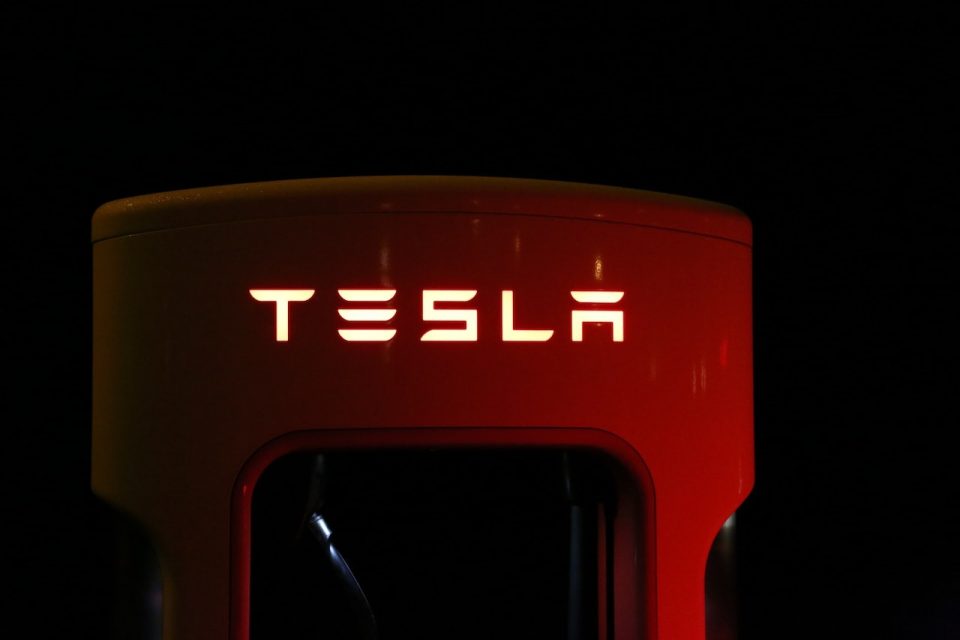In a recent development highlighting a decline in electric vehicle (EV) demand within China, Tesla (TSLA) stocks experienced a notable dip on Monday. The automaker’s decision to once again reduce prices in the Chinese market served as a clear indicator of eroding demand for its EVs on the mainland. This decline in demand has sparked concerns among investors, leading to a drop in Tesla’s stock value. Tesla Inc. witnessed a decline of 4.18 (1.72%) today, with its value at 238.47 USD.
According to a report by Reuters, Tesla unveiled a price reduction for its Model Y Long Range SUV and Performance variant. The price reduction amounted to 14,000 yuan ($1,934.58), with the price of the Long Range version witnessing a 4.5% decrease to 299,900 yuan ($41,435), and the Tesla Performance model’s price dropping by 3.8% to 349,900 yuan ($48,460). These updated prices were disseminated by Tesla through its Weibo account, a prominent Chinese social media platform.
Moreover, Tesla has introduced an insurance subsidy of 8,000 yuan ($1,108) for its entry-level Model 3 in China. This subsidy will be applicable from August 14 through September 30. The strategic move to lower prices is aimed at attracting consumers and revitalizing sales in the Chinese EV market.
Customer reactions from a Tesla store in Hangzhou, situated in East China’s Zhejiang province, underscored the impact of these price cuts. Potential buyers expressed heightened interest in the brand, indicating that the reduced prices enhanced the appeal of Tesla’s offerings.
However, these price adjustments have raised concerns over a diminishing demand for Tesla EVs within China, a market that holds the distinction of being the world’s largest for electric vehicles. Furthermore, these price cuts appear to contradict an agreement that Tesla had previously entered into with other automakers. The agreement was established to ensure equitable competition within the Chinese market. Notably, this accord materialized following a contentious period during which Tesla initiated an EV price war in China. Tesla had implemented substantial price reductions for its Model Y SUV and Model 3 sedan, which triggered protests from Chinese buyers demanding refunds. Consequently, the agreement was enacted to restore order and fairness in the market.
Despite the establishment of this truce, Tesla’s recent price reductions signify the necessity to resort to such measures once again in order to stimulate sales. The latest data from China’s Passenger Car Association (CPCA) revealed a staggering 31.4% decline in Tesla deliveries in July, amounting to 64,285 units. This delivery figure for July represents the lowest recorded by Tesla in China throughout the entire year.
Concerns among investors have escalated due to the combination of Tesla’s latest price cuts and the resultant decrease in profit margins. Following the release of second-quarter results in late July, Tesla’s stock experienced a setback due to gross margins falling short of expectations. Additionally, operating margins fell by nearly 5% compared to the previous year. Financial analysts on Wall Street now anticipate that Tesla may need to persist with discounting strategies and promotional activities, potentially leading to a further squeeze on profit margins.
In conclusion, Tesla’s recent stock slide serves as a manifestation of the challenges the company faces in the Chinese EV market. The price reductions, while aimed at boosting demand, also reflect a complex landscape marked by fierce competition and evolving consumer preferences. As Tesla navigates these dynamics, all eyes remain on its future strategies and initiatives to regain traction in the world’s largest electric vehicle market.
Update: Tesla stock declined 1.76% Monday during the last hour of trading.
Source: Yahoo Finance

